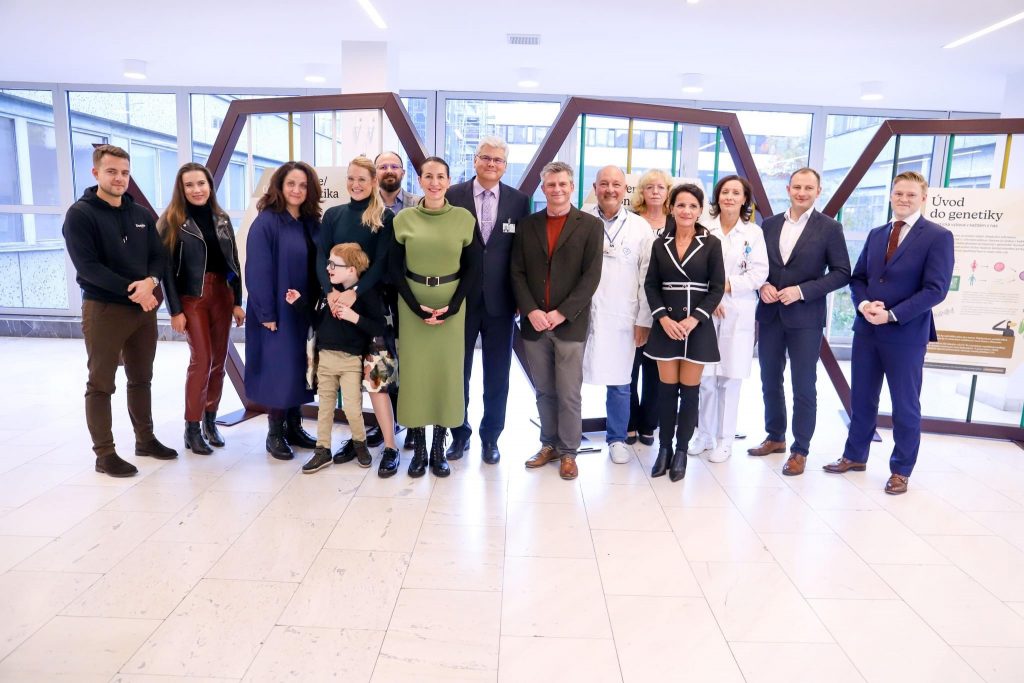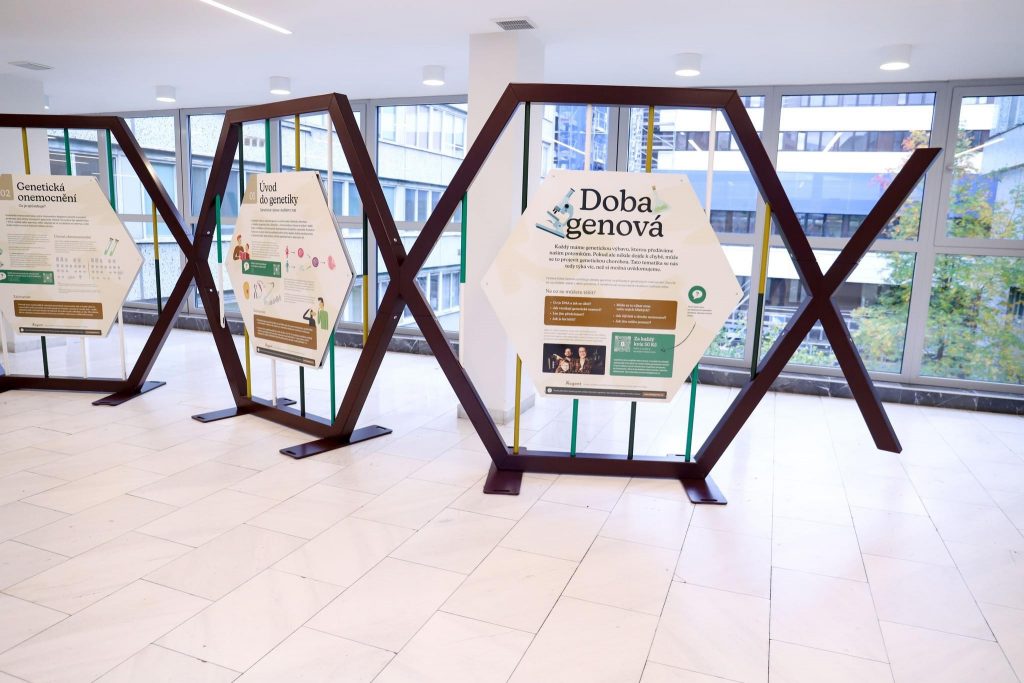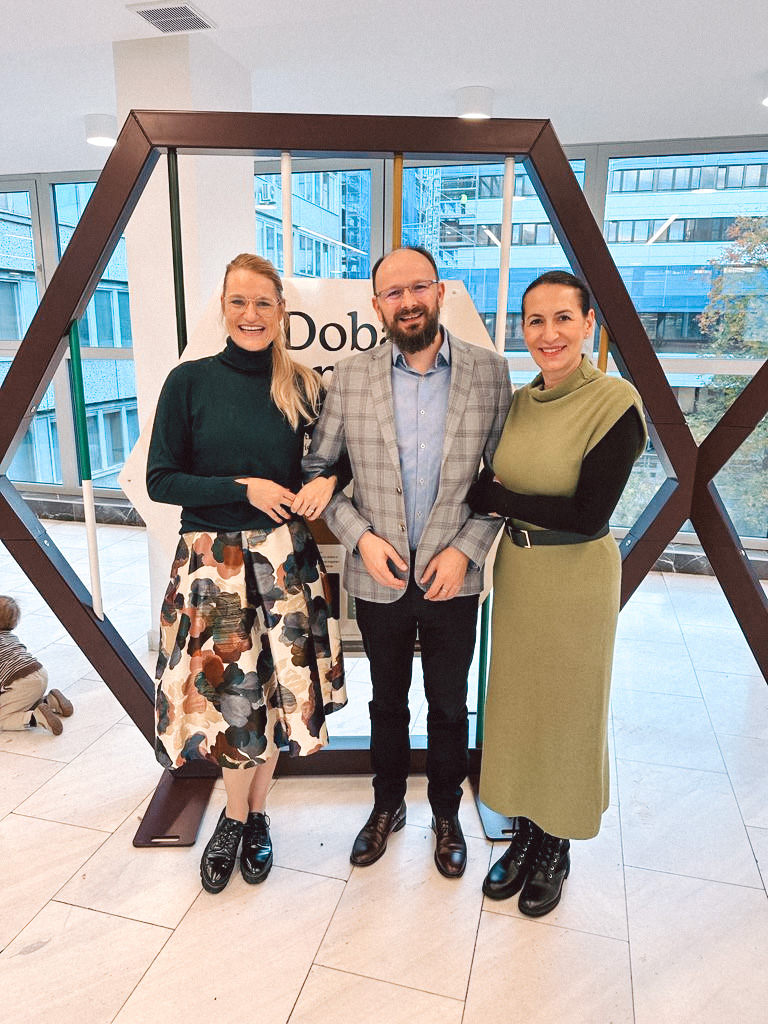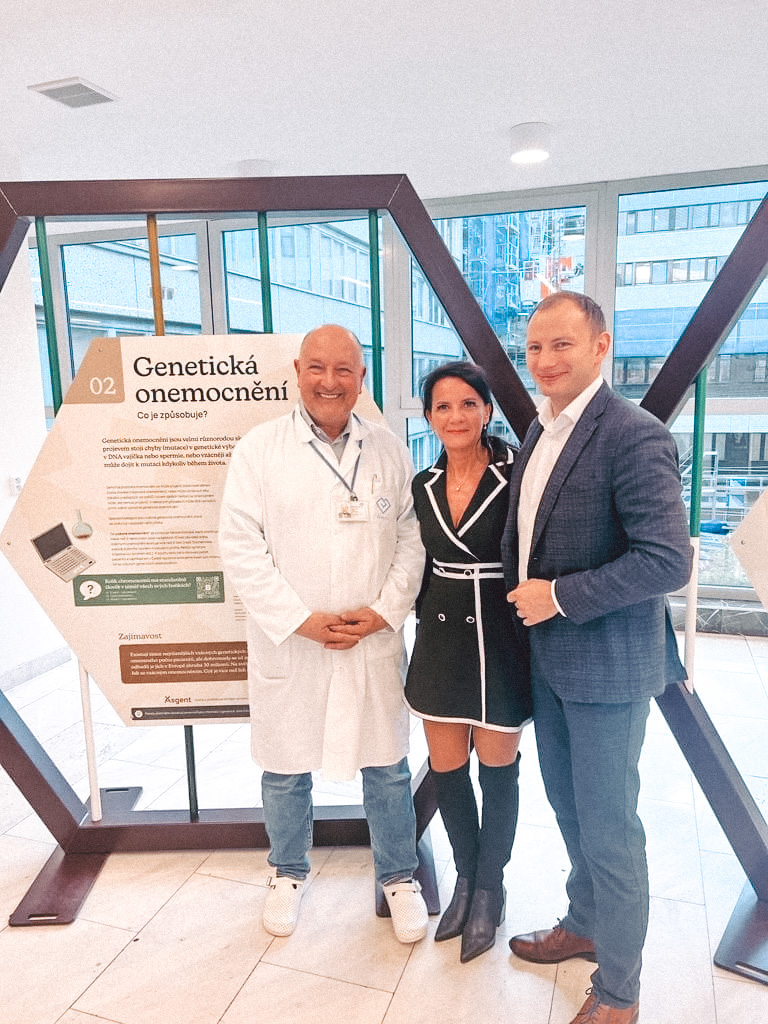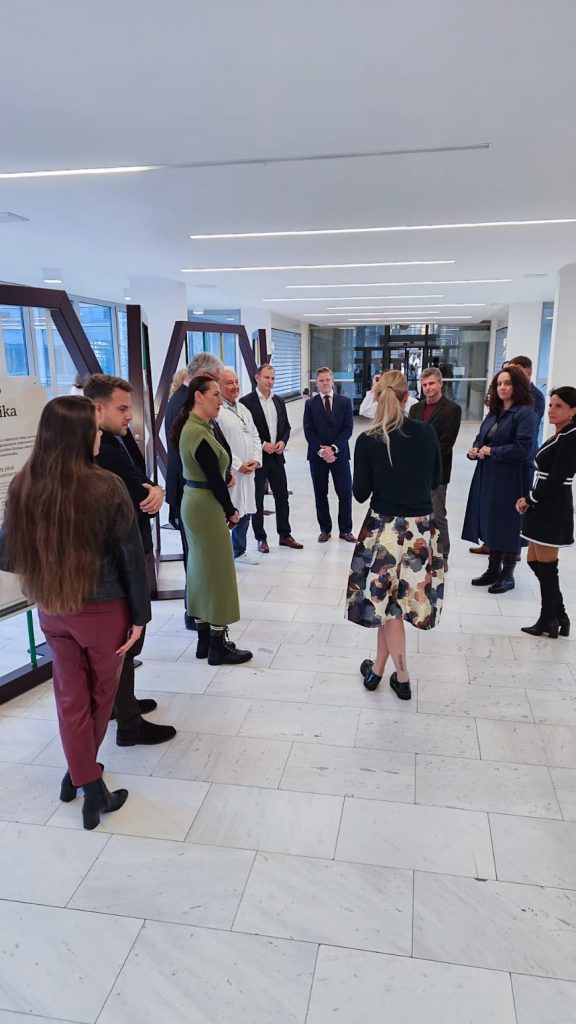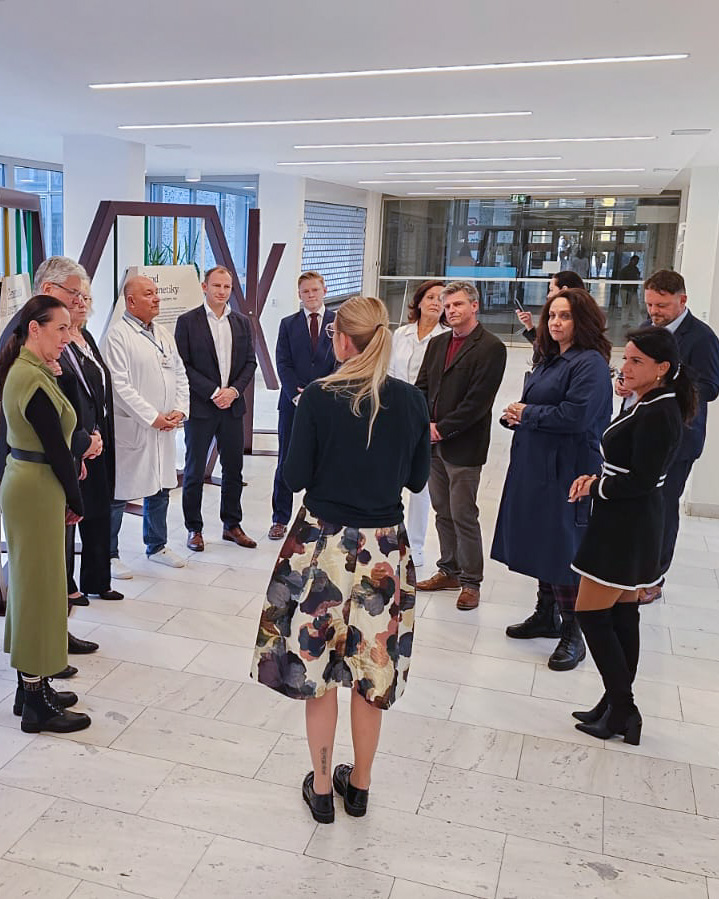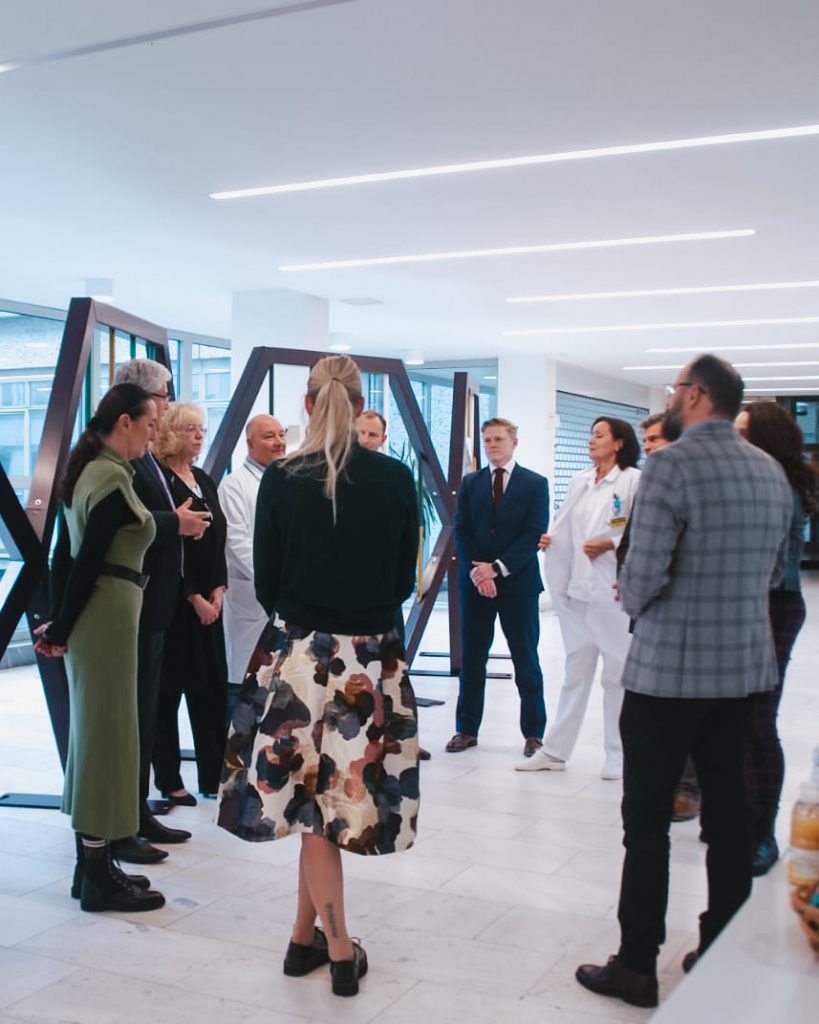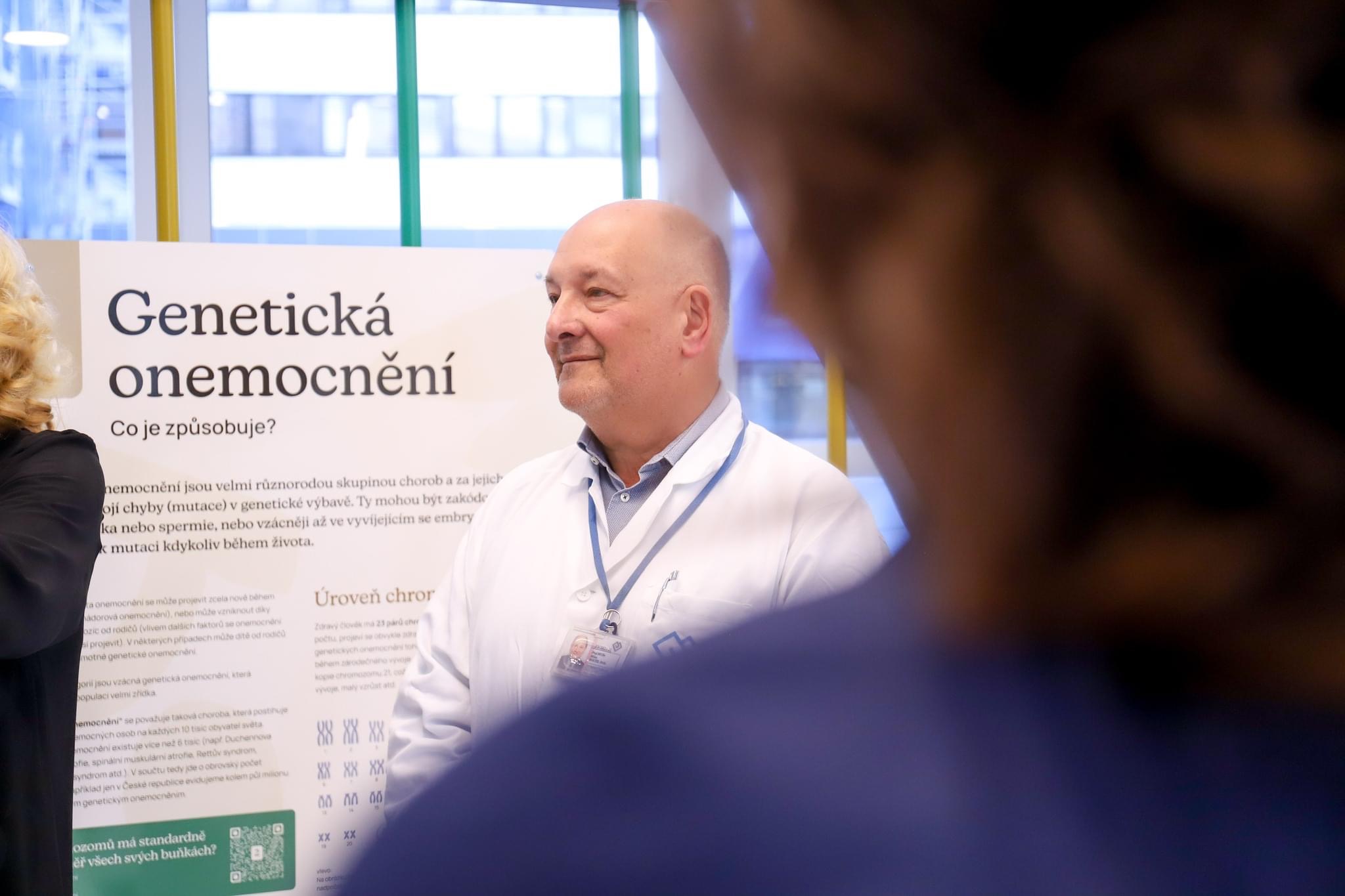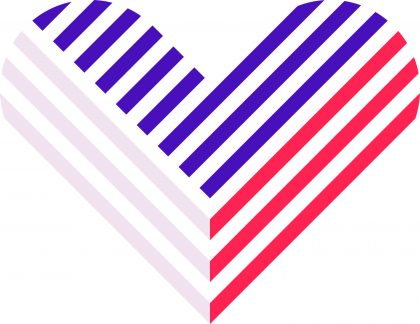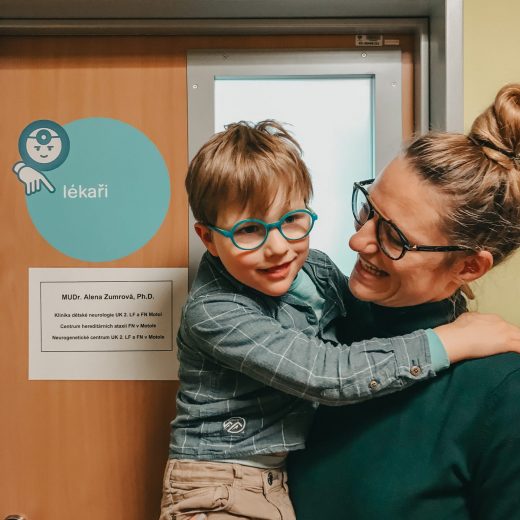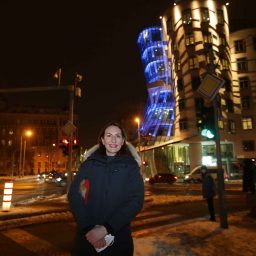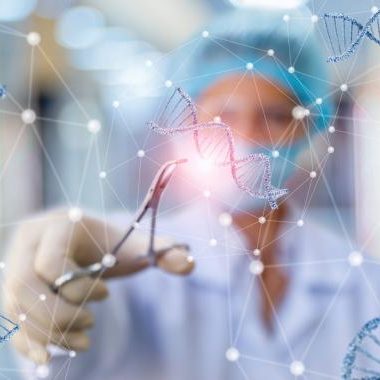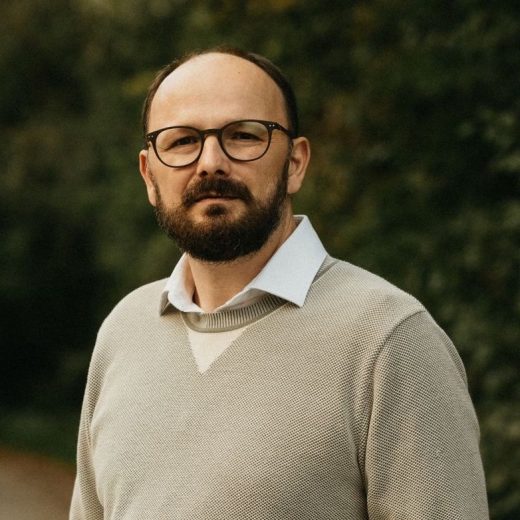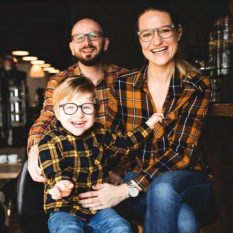V pondělí 6.listopadu jsme slavnostně zahájili výstavu Doba genová na její druhé zastávce ve Fakultní nemocnici v Motole, kde bude k vidění až do 1.12. v budově ředitelství, na přízemí před velkou posluchárnou.
Na zahájení přijalo naše pozvání řada odborníků. Jsme velmi rádi, že jsme společně definovali i další oblasti oproti obvyklým, kde mohou být pacienti a pacientské organizace prospěšné. Věříme, že je to další krok k léku pro naše andílky a další vzácné pacienty. Zároveň jsme se shodli, jak důležité je přistupovat při řešení otázky vzácných onemocnění na evropské úrovni.
Naše pozvání přijali a poděkování patří:
– panu řediteli FN Motol JUDr. Miloslavovi Ludvíkovi,
– dále panu prof. Milanovi Mackovi, přednostovi Ústavu biologie a lékařské genetiky 2. LF UK a FN Motol a primářce ústavu paní MUDr. Markétě Havlovicové,
– docentu Radislavovi Sedláčkovi, řediteli Českého centra pro fenogenomiku, který již pátým rokem vede výzkum Angelmanova syndromu,
– paní MUDr. Aleně Zumrové, člence odborné rady Asociace genové terapie, z.s.,
– europoslanci Ing. Ondřeji Knotkovi, který se zabývá vzácnými pacienty na celoevropské úrovni na půdě Bruselu,
– řediteli AIFP – Asociace inovativního farmaceutického průmyslu Mgr. Davidovi Kolářovi,
– předsedkyni ČAVO Anně Arellanesové,
– zakladateli a řediteli Donio Davidovi Procházkovi
– a v neposlední řadě naší milé Ing. Alexandře Udženiji, náměstkyně primátora hl. m. Prahy za její dlouhodobou podporu.
